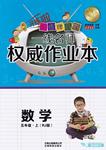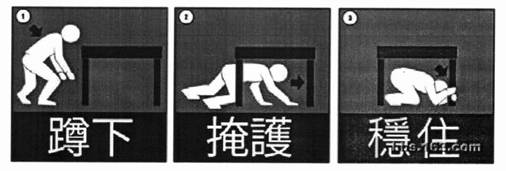题目内容
The Chinese New Year is the most important festival for the Chinese people. It usually comes in January or February. It takes about 15 days to prepare for it.
On the eve of the festival, people close the shops and stay at home. They all get together for a big dinner. They stay up late and enjoy dumplings at midnight for good luck.
In the morning, people dress in their best clothes, and usually the old stay at home, the young go out to pay a New Year Call(拜年). It is an important time for the young. The young people bow(鞠躬)to the old people. The Chinese call this “Ke Tou”. This means “touching the ground with the forehead(额头)”. Then the young people give their best wishes to the old people. The old people give children gifts or lucky money.
They are very polite(礼貌)and do not use bad words on the Spring Festival Day. It,s the most important day of the year.
小题1:‘The Chinese New Year” in the passage means “ ” .
小题2:It takes about to get ready for the Chinese New Year.
小题3:On the eve of lunar New Year, Chinese people stay up late and eat dumplings because
小题4:From this passage we can know that give children gifts or lucky money.
小题5:On the Spring Festival Day, what do people usually say to each other when they meet?
On the eve of the festival, people close the shops and stay at home. They all get together for a big dinner. They stay up late and enjoy dumplings at midnight for good luck.
In the morning, people dress in their best clothes, and usually the old stay at home, the young go out to pay a New Year Call(拜年). It is an important time for the young. The young people bow(鞠躬)to the old people. The Chinese call this “Ke Tou”. This means “touching the ground with the forehead(额头)”. Then the young people give their best wishes to the old people. The old people give children gifts or lucky money.
They are very polite(礼貌)and do not use bad words on the Spring Festival Day. It,s the most important day of the year.
小题1:‘The Chinese New Year” in the passage means “ ” .
| A.Mid-autumn Festival | B.the Spring Festival |
| C.Christmas Day | D.the Dragon Boat Festival |
| A.a few days | B.twelve days | C.half a month | D.three weeks |
| A.they’re hungry | B.they want to get good luck |
| C.they like Chinese food very much | D.they want to read books |
| A.the teachers | B.their friends | C.the old people | D.their brothers |
| A.How are you? | B.Merry Christmas. |
| C.Good morning. | D.Happy the Spring Festival. |
小题1:B
小题2:C
小题3:B
小题4:C
小题5:D
试题分析:这篇短文主要介绍了中国的春节,详细的描述了春节期间的一些活动。
小题1:根据第一段It usually comes in January or February.它通常在一月或者二月,可知这指的是中国的春节,故选B。
小题2:根据第一段It takes about 15 days to prepare for it.描述,可知人们通常用半个月的时间准备春节,故选C。
小题3:根据第二段They stay up late and enjoy dumplings at midnight for good luck.描述,可知他们守夜是为了获得好运。故选B。
小题4:根据短文The old people give children gifts or lucky money. 描述,可知老人们给孩子们压岁钱。故选C。
小题5:这篇短文主要介绍的是中国的春节,故用人们见面一般说过年好,选D。
点评:本文浅显易懂,各个小题都能在文中找到适当依据。只要认真阅读短文,注意前后联系,就能顺利完成阅读。文章所设试题主要考察细节查找,做题关键是找出原文的根据,认真核查小题和原文的异同。

练习册系列答案
 一线名师权威作业本系列答案
一线名师权威作业本系列答案
相关题目



